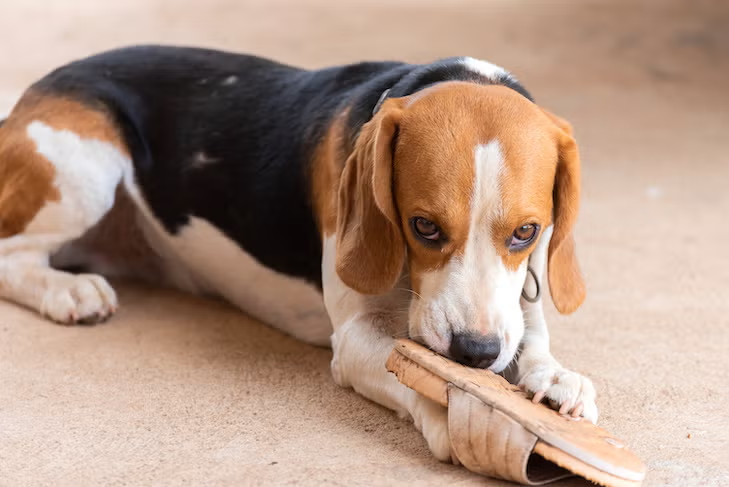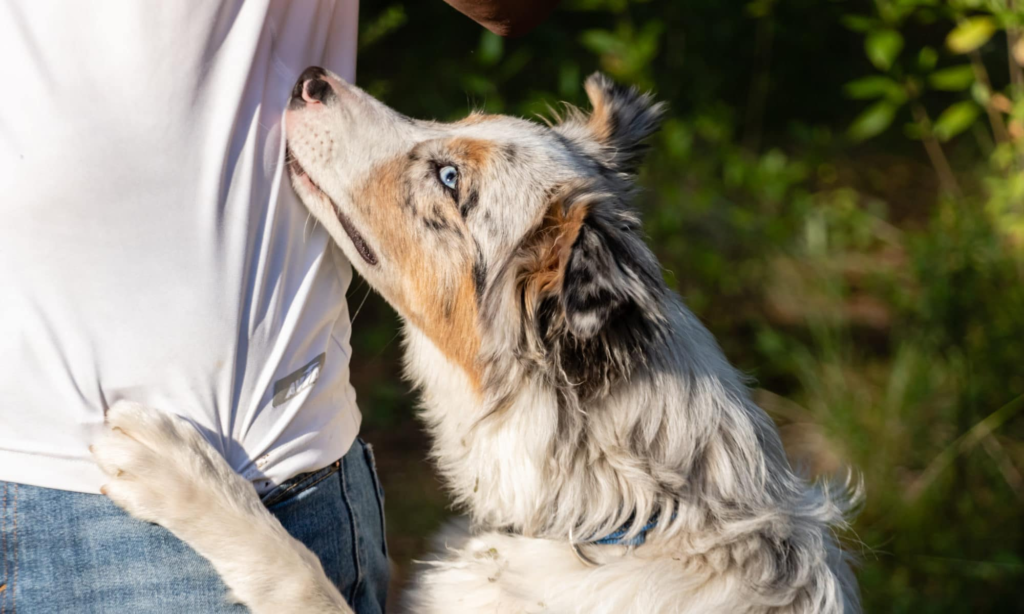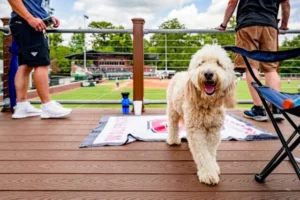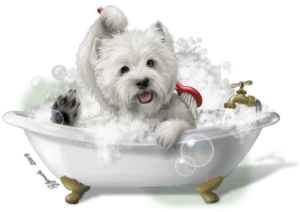Curb Your Dog

Curb Your Dog:- We’ve all seen the signs: “Curb Your Dog.” At first glance, it might seem confusing—what does it mean to “curb” a dog? Many of us have stepped in an unfortunate pile of poop while texting, talking on the phone, or simply walking to our cars. The unpleasant experience serves as a reminder of why curbing your dog is so important.
The phrase “Curb Your Dog” carries two distinct but equally significant meanings. First, it implies keeping your dog under control, ensuring they don’t roam freely, cause trouble, or create a nuisance in public spaces. This usually means keeping your dog leashed and within your property boundaries.

Second, and more commonly, it refers to picking up your dog’s waste in public areas. Whenever you’re out for a walk or visiting the park, you are responsible for cleaning up after your dog. No one enjoys the sight or smell of dog poop, and certainly no one wants to step in it.
Why You Should Curb Your Dog?
You might wonder, why is this such a big deal. Cleaning up after your dog may seem like a small, insignificant act, but it has broader implications that affect not only your community but also the environment and public health.
1. Environmental Impact
Dog waste is not just a mess to avoid—it can have serious environmental consequences. When dog feces are left on the ground, rainwater can wash them into storm drains, carrying harmful bacteria and parasites into rivers, lakes, and oceans. This contamination can disrupt ecosystems, harm wildlife, and pollute water bodies. By picking up after your dog, you play a small but crucial role in maintaining environmental cleanliness. Proper disposal helps prevent these pollutants from entering our water systems and damaging the environment.
2. Health and Safety
Dog waste is more than just an eyesore—it’s a health hazard. Feces can harbor bacteria, viruses, and parasites such as roundworms, which can pose a threat to both animals and humans. Children are particularly vulnerable, as they may unknowingly come into contact with contaminated soil or surfaces. Additionally, dog poop can attract pests and spread diseases between pets. By curbing your dog, you’re not just keeping the streets clean—you’re actively contributing to public health by reducing the spread of harmful pathogens.
3. Community Relations
Cleaning up after your dog is also about respect and responsibility. It shows that you are a considerate member of your community, one who values cleanliness and the well-being of others. When people see you picking up after your dog, it sets a positive example and encourages others to follow suit.

A clean neighborhood fosters goodwill among residents and helps everyone feel more comfortable in shared spaces like parks, sidewalks, and public gardens. Small acts of responsibility, like cleaning up after your dog, contribute to creating a more harmonious and pleasant community for everyone.
Strategies for Curbing Your Dog Effectively
Curbing your dog is about more than just picking up after them—it also involves keeping them under control and ensuring they don’t cause disturbances in public spaces. Here are some strategies for curbing your dog successfully:
1. Training Is Key
Proper training is essential for managing your dog’s behavior. Commands like “sit,” “stay,” and “come” are not just about obedience—they help keep your dog calm and controlled in various situations. Positive, reward-based training reinforces good behavior and strengthens the bond between you and your dog. A well-trained dog is less likely to misbehave, making it easier to manage them in public spaces. Consider consulting a professional dog trainer if you’re unsure where to start or want to refine your dog’s skills.
2. Exercise to Burn Energy
A dog with excess energy is more likely to engage in undesirable behaviors, such as pulling on the leash or being overly excitable. Regular exercise is crucial for keeping your dog calm and well-behaved. Depending on your dog’s age and breed, they may require different levels of physical activity. Puppies and high-energy breeds, for example, need more exercise to stay mentally and physically satisfied. If you’re unsure about how much exercise your dog needs, consult your veterinarian for advice.
3. Prevent Bad Habits Early
Puppy-proofing your home is an essential step in preventing bad habits from forming. Keep shoes, toys, and other items out of reach to avoid unwanted chewing or destruction. Supervise your puppy closely, even in fenced yards, to ensure they don’t pick up undesirable behaviors like digging or barking excessively. It’s much easier to prevent bad habits from forming than to correct them later.
4. Reward Positive Behavior
Positive reinforcement is one of the most effective ways to encourage good behavior in dogs. When your dog behaves well—whether walking calmly on a leash or sitting quietly—be sure to praise and reward them. Reinforcing the behaviors you want to see, rather than focusing on what you don’t want, helps your dog understand what’s expected of them. For example, say “sit” instead of “don’t jump” or “heel” instead of “don’t pull.”

Understanding State and Local Laws
It’s also important to be aware of the laws regarding dog waste in your state or community. While laws vary by location, many places require dog owners to pick up after their pets in public areas. Some areas even have designated zones where dogs are not allowed to relieve themselves, even if you plan to clean up afterward. In these areas, failure to comply can result in hefty fines.
Additionally, some cities enforce “no-dogs-on-grass” rules in public parks, particularly near playgrounds or sports fields. While it may seem restrictive, these rules are designed to maintain clean and safe spaces for everyone to enjoy. Always check the regulations in your area, and make sure you’re complying with the laws to avoid any legal issues.
Picking Up After Your Dog
Most cities have clear regulations requiring dog owners to pick up waste immediately after their pet defecates. Whether you use a bag, a scoop, or another tool, the important thing is to remove the waste and dispose of it properly—typically in a trash bin. Many public parks and walking trails provide dog waste stations with bags and disposal bins, making it easy for you to clean up. However, it’s a good idea to carry your own bags just in case.
Conclusion
Curbing your dog is more than a polite suggestion—it’s a responsibility that comes with dog ownership. By keeping your dog under control and cleaning up after them, you’re protecting the environment, safeguarding public health, and maintaining good community relations. Following these guidelines ensures that you, your dog, and your neighbors can all enjoy a cleaner, safer, and more harmonious living space.
Also Read:-




